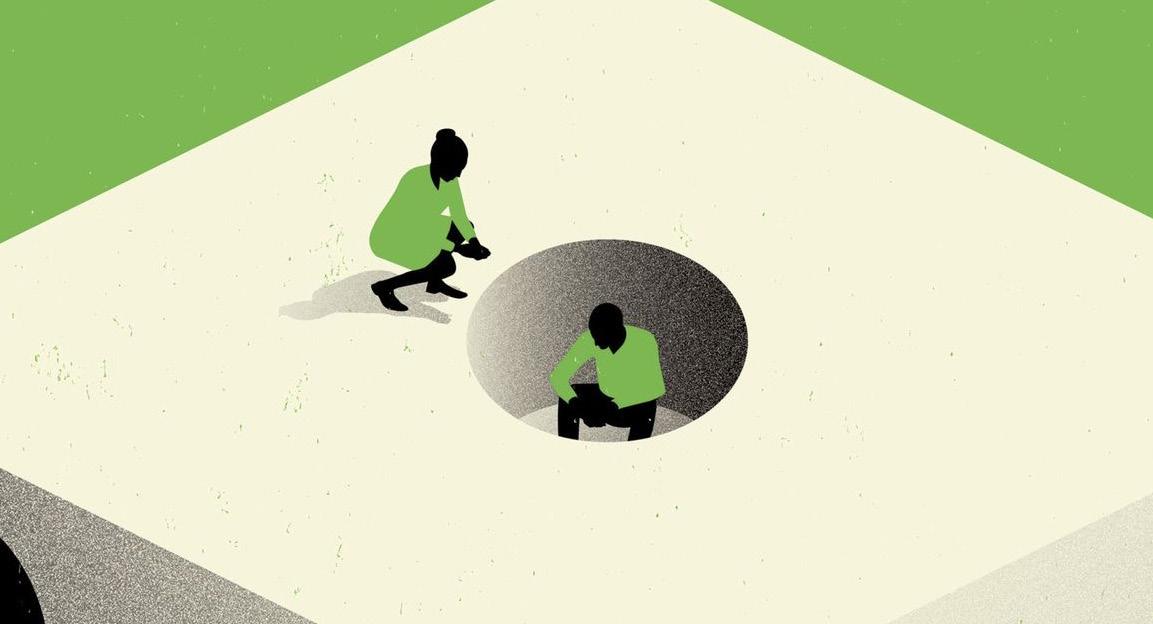
2 minute read
Don’t bet on Montreal’s new casino
Owen Barnert Contributor
Loto-Québec recently announced its plan to install a mini-casino in the old 1909 Taverne Moderne, a three-storey building adjacent to the Bell Centre in downtown Montreal. The casino would include hundreds of slot machines, sports gambling terminals, and several poker tables.
Advertisement
Jean-François Bergeron, the CEO of Loto-Québec, has stated that the casino’s main clientele would be sports fans visiting the Bell Centre, without being exclusive to this demographic. Several problems arise with such easy access to gambling, with the psychological and socioeconomic impacts being the most troubling. With such ease of accessibility, vulnerable people in Montreal as a whole are more likely to be lured in at the expense of their finances and health.
Slot machines are some of the most dangerous gambling devices to get hooked on. Specifically designed to addict the user, the bright array of contrasting lights and noises grab one’s attention—and their pocketbooks. Like other forms of gambling, slot machines produce a “variable reinforcement schedule,” whereby the unpredictability of a win causes a person to keep gambling, driven by the hope that the next attempt might be the winning one. And for the over 300,000 Canadians at severe or moderate risk of a gambling addiction, this proposition has a predictable conclusion––disastrous mental and financial repercussions.
Health officials and government officials have not bought into Loto’s stance and are aware of the risk that gambling poses to lower-income and racialized populations—in Canada, the practice disproportionately affects Indigenous people who partake in particular. While there may be incentives for a new casino to increase the government’s tax revenue, the mental and financial health of the city’s residents must come first, Finance Minister Eric Girard, stated. He also noted that while a casino would help bring in revenue, public health officials should approve it first and ensure that the new casino’s benefits aren’t overtaken by its harmful effects.
Some Indigenous belief systems stem from gambling’s original purpose to form community and redistribute wealth, contributing to an increase in Indigenous peoples’ vulnerability to gambling addiction. When white European settlers colonized the Americas, gambling became an integral part of culture in North America as they commercialized it. The establishment of a mini-casino exploiting vulnerable populations for their revenue stream would only perpetuate colonialism, especially when considering how the housing crisis disproportionately targets Indigenous peoples in Montreal.
Companies are aware of these structural
Commentary
Harry North Staff Writer
factors and weaponize it to target the bottom line, through predatory gambling—the use of gambling to prey on psychological human weaknesses. Often, companies will exploit lowincome communities with selective advertising. While the Quebec government promises to reinvest their earnings from gambling into education or other public necessities, history shows that this claim cannot be taken at face value. In the case of the lottery, winnings often do not come from the communities in which they are bought, while their funds are used to supplement a bigger budget.
While a mini-casino would have an outsized harm on those vulnerable to its predation, the provincial government has a high incentive to approve such projects to benefit from a massive growth in their tax collection. The Montreal Casino paid $1.3 billion in taxes to the Quebec government in the 2017-2018 fiscal year. Yet, political parties such as Québec solidaire have opposed the project, stating that slot machines and instruments of gambling are not needed in such an area where there is already a wealth of economic activity.
While initially, a casino might become an economic boon, it could easily hurt specific populations and the overall financial and mental health of Montreal if left unchecked. A casino would foster widespread gambling addiction and further hurt vulnerable people. In the interest of preventing harm and promoting welfare, Montreal shouldn’t bet on casinos to serve its citizens.









